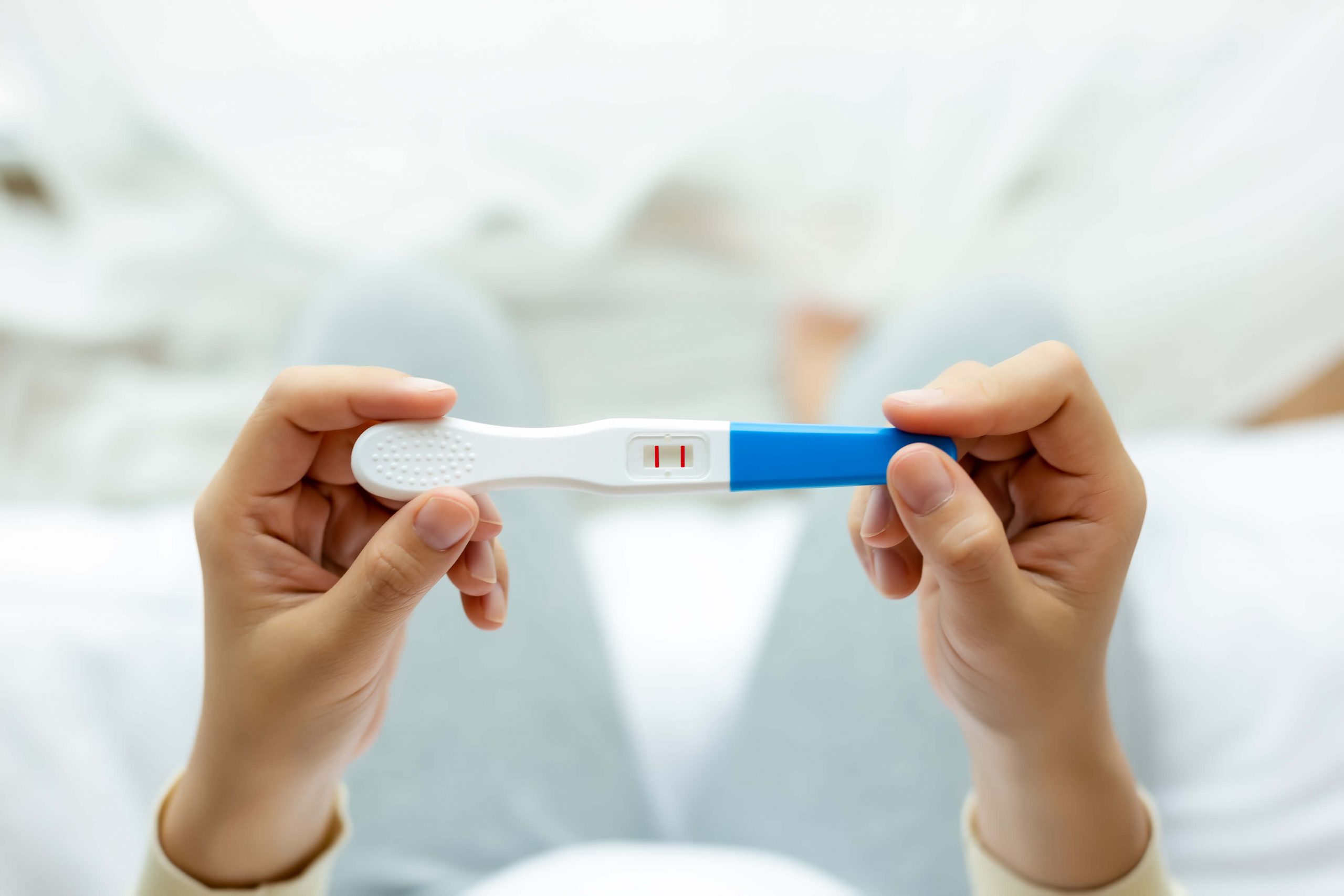Pregnancy Care
6 Interesting Facts About Fertility

Fertility refers to one’s natural ability and capacity to conceive a baby. Infertility is defined as inability of a couple to conceive after 12 months of regular intercourse without the use of contraception in women less than 35 years of age; and after six months of regular intercourse without the use of contraception in women 35 years and older.
Fertility issues are not limited to women – men can also experience infertility. Many people think that we know enough about conception and staying fertile, but in reality, it’s much less than we think.
Here are 6 interesting facts about female fertility that every couple should know.
Fact #1: There Is An ‘Ovulation Period’ During Your Cycle
A woman has a higher chance of conceiving during the fertile window’ or ‘ovulation’ period. The exact period that this occurs will depend on how long your cycle is.
There are a few ways to work out when you will be ovulating. Ovulation happens about 14 days before your period starts. For example, you can track your menstrual cycle on a calendar and monitor when your period comes. You may also consider taking an ovulation urine test or seek further advice from your O&G specialist.
In order to increase your chances of getting pregnant, it is recommended to have sexual intercourse on the day of ovulation or within two days before that. This is because sperm can only live in your body for 3 to 5 days, and the egg can only be fertilised in the next 24 hours after being released from the ovary.
Fact #2: Diet May Affect Your Ability to Conceive
It is a known fact that your diet can affect your overall health and well-being. Unlike other factors that you cannot control such as age and genetics, eating certain foods and avoiding others is something you can do to help with fertility.
There are several foods that are likely to increase your chances of being able to conceive, as well as foods that decrease your odds of becoming pregnant. For example, doctors recommend consuming more calcium, vitamin D, iron and folate in your diet.
Women are encouraged to replace saturated fats with monounsaturated, including olive oil, olives, avocados and nuts, while also being aware of portion sizes. Women are also encouraged to consume more plant-based, minimally processed sources of protein, such as tofu, tempeh, beans, lentils, chickpeas, nuts and seeds, instead of animal protein.
You should avoid soft drinks/sugary drinks, excessive coffee, energy drinks and cut down on processed foods.
Fact #3: Your Weight Affects Your Fertility
Having a healthy body weight is not only important for your health, it can also increase your chances of conception. Couples who are underweight or overweight can have trouble conceiving due to weight issues.
In Singapore, your weight category is determined by your Body Mass Index (BMI), derived by dividing your weight (in kg) by your height (in metres) twice. You are:
- Underweight if you’re below 18.5.
- An acceptable weight if you’re between 18.5 and 22.9.
- Overweight if you’re between 23 and 27.4.
- Obese if you’re 27.5 and above.
If you are underweight and your body is malnourished or over-exercised, it will naturally affect your menstrual cycle.
Similarly, being overweight will not help you conceive as your internal hormone chemistry will be affected adversely. This may result in irregular menstrual cycles or even prevent ovulation from taking place.
This also applies to men, as being underweight or overweight can affect natural testosterone levels. Consequently, the quality of sperm produced may be affected, affecting fertility levels.
Fact #4: Already Having a Baby Does Not Guarantee Having Another One Easily
A common misconception is that you will easily conceive again if you previously had a baby. This is not true, as some couples may experience secondary infertility.
Secondary infertility is referred to the inability to achieve pregnancy following the birth of one or more biological children that were conceived naturally. This problem is more common than you may think, since fertility declines with age.
Many women who had no problem getting pregnant the first time struggle to conceive again when they are older and less fertile. In other cases, there could be problems with the fallopian tubes that developed later on in life. Sometimes, conditions with the uterus could also hamper your chances of pregnancy.
Fact #5: A Woman is Born with All the Egg Cells She Will Have
Another fact that not many people are aware of is that female babies are born with all the egg cells they will have throughout their life. In other words, no new egg cells will be made during your lifetime.
Fact #6: Egg Cells Quality and Quantity Decreases Over Time
At birth, you may have as many as seven million eggs within your ovaries and these will be released every menstrual cycle when you have your period. As you get older, the quality of your eggs will slowly decrease over time. A woman is most fertile in her 20s, and this slowly declines in her 30s, especially after the age of 35.
Many of the egg cells also die off even before you hit puberty. Once a woman starts her menstrual cycle, eggs are lost in every cycle. This is perfectly normal and part of your body’s natural reproductive function.
It is also untrue that hormonal birth control pills can slow down the natural deterioration of female egg cells, as they will continue to decline regardless. As a woman continues to lose egg cells with each menstrual cycle, she will likely have less than 1,000 egg cells left during menopause.
Conclusion
Getting pregnant can be easy for some couples, while others struggle to conceive. Hence, it is important to bear in mind the factors that might affect your chances of conception.
If you are at the point in your life where you are ready to have a baby, and have been trying for a few months now, you can contact us to find out more about how to increase your chances of conception. At SOG, we are well-equipped with the experience to advise you on infertility problems.
WHO WE ARE
About SOG Health Pte. Ltd.
Established in 2011, SOG Health Pte. Ltd. (“SOG”) is a leading healthcare service provider dedicated to delivering holistic health and wellness services to the modern family.
With a long and established track record in Singapore providing Obstetrics and Gynaecology (“O&G”) services such as pre-pregnancy counselling, delivery, pregnancy and post-delivery care, the Group has since further expanded its spectrum of healthcare services to include Paediatrics, Dermatology, and Cancer-related General Surgery (Colorectal, Breast & Thyroid).
The Group’s clinics, under its four operating segments of O&G, Paediatrics, Oncology and Dermatology, are strategically located throughout Singapore to provide easy access to its patients.
- Obstetrics
- Gynaecology
- GynaeOncology
- Breast, Thyroid & General Surgery
- Colorectal, Endoscopy & General Surgery
- Dermatology
- Paediatrics
Consult With A Specialist From SOG
Visit one of our specialists today to learn more about your health!
Recommended Specialists
Book An Appointment
Fill up this form and our clinic will get back to you shortly.
For general enquiries, please click here.








